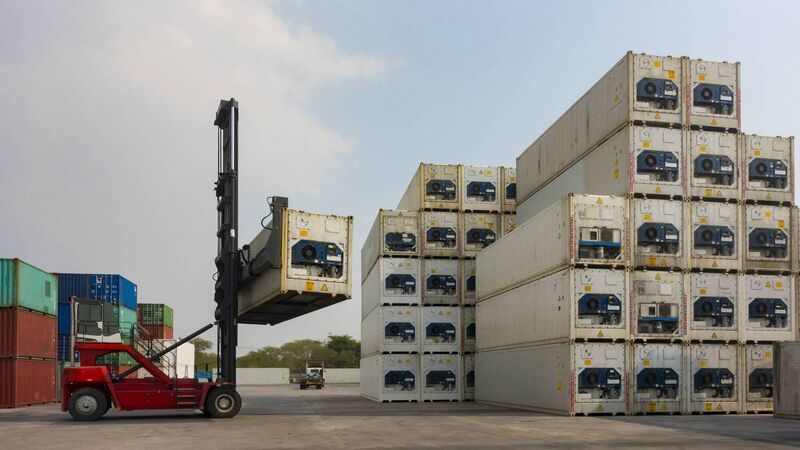John Whelan: As workers return to offices supply chain risks pile up

The average shipping rate for a 40-foot container is now 323% higher than the same week last year.
As workers head back to offices, shops and factories today and 'Freedom Day' nears, retailers and manufacturers alike fear their recovery from the effects of the pandemic will be hampered by freight rate rises, shipping delays, and stock shortages.
Costs are rising on goods imported from Asia, Africa, and America, with port congestion and container shortages disrupting the normal flow of goods; nearer to home, Brexit regulations blowing hot and cold, have hit food exporters to the UK.












